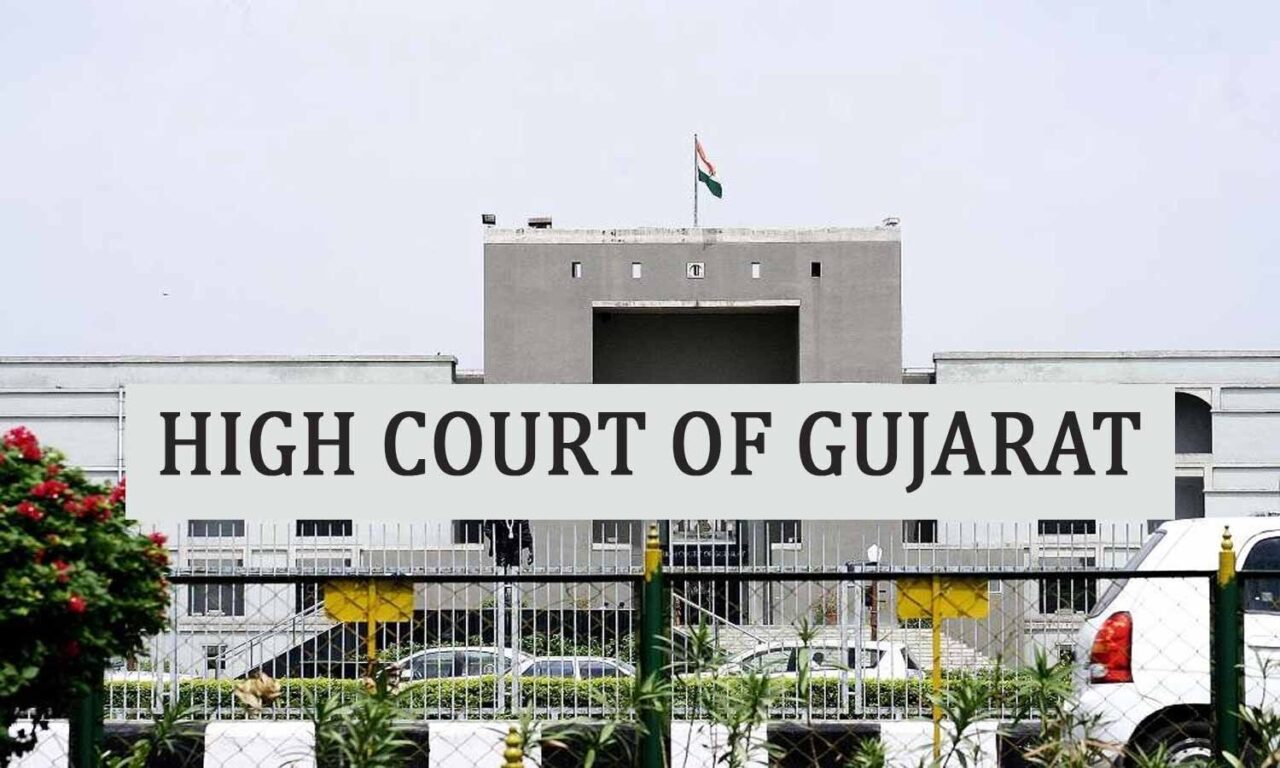Vidya Ramesh Chand Shah v. State of Gujarat
R/SPECIAL CIVIL APPLICATION NO. 18056 of 2022
Presided by: HONOURABLE MR. JUSTICE BIREN VAISHNAV
Date: 21/11/2022
Facts
One of the petitioners is both an Indian national and a Canadian citizen. She was told to get an organ transplant after receiving a diagnosis of a kidney with reduced functionality. The petitioner must register as a recipient under the Transplantation of Human Organs and Tissues Act, 1994, and its Regulations in order to undertake such a transplant. However, her application for registration was turned down on the grounds that she would need a residence certificate. The police authorities have denied a request for such a certificate in the contested correspondence on the grounds that the petitioner is a Canadian citizen, not an Indian citizen.
Similar plight was highlighted by other petitioners-
A person’s registration under the 1994 Act was denied because she was registered on the non-domicile list citing paragraphs 13.1 and 13.10(C)(2) of the G-DOT Guidelines was a resident of Madhya Pradesh and of Gujarati ancestry. According to the resolution from 14-03-2019, inhabitants of the domicile are given priority, and only after that list is used up will non-domicile list members be granted the organ. Another petitioner, a permanent resident of Gujarat since 2015, whose application for a domicile certificate was denied by the appropriate authorities on the grounds that the petitioner does not qualify for a domicile certificate because they are from the State of Jharkhand and have only lived in Ahmedabad since 2015, which is less than 10 years.
It was discovered that a donor can consent to the removal of their organs after death if they wish to donate after passing away. Living donors who wish to make a donation prior to passing away might do so by making it to a close relative or a close relative who is a foreign national. After receiving the Authorization Committee’s previous consent, this must be done. Gujarat Deceased Donor Organ and Tissue Transplantation Guidelines were also mentioned in relation to cadaver transplants. The Court ruled that the argument to back the requirement of a domicile certificate to link a total ban on organ donation by an Indian donor to a foreign individual is ineffective since, even then, the requirements of a necessary requirement ownership of a domicile certificate are not related to the concept of a living donor.
Judgement
The Court noted that Section 7-B(2) of the Citizenship Act, 1955 provides or enumerates such rights which an Overseas Citizen of India cardholder shall not be entitled to in comparison to the rights granted to an Indian Citizen with regard to denial of registration under the 1994 Act to an Overseas Citizen of India. However, under Articles 14 and 21 of the Constitution, such rights cannot be interpreted to limit the availability of rights to a “person.” The State authorities’ argument that only those rights other than those listed under Section 7B (2) will be available if so notified is therefore misguided. When it comes to the “Right to Life” as defined by Article 21, this cannot be upheld.
The Court observed that Art. 21 is at the heart of the Constitution, a Fundamental Right, available to all persons. According to the court, when interpreting Article 21, the Supreme Court has held that the “Right to Health” is an integral part of the “Right to Life” and that the State has a constitutional obligation to provide health facilities. The court cited significant cases dealing with the significance of Art. 21 and its accessibility to all people. It is unlawful and unconstitutional to deny the petitioners who do not reside in Gujarat medical care. The State has attempted to enact a new requirement of a domicile certificate for registration of a patient for enrollment on the State List for organ transplant through Paragraphs 13(1) and 13(10)(C). The introduction of such criteria by a guideline, in the nature of executive instructions is in colourable exercise of powers
JUDGEMENT REVIEWED BY AMIT ARAVIND
“PRIME LEGAL is a full-service law firm that has won a National Award and has more than 20 years of experience in an array of sectors and practice areas. Prime legal fall into a category of best law firm, best lawyer, best family lawyer, best divorce lawyer, best divorce law firm, best criminal lawyer, best criminal law firm, best consumer lawyer, best civil lawyer.”


